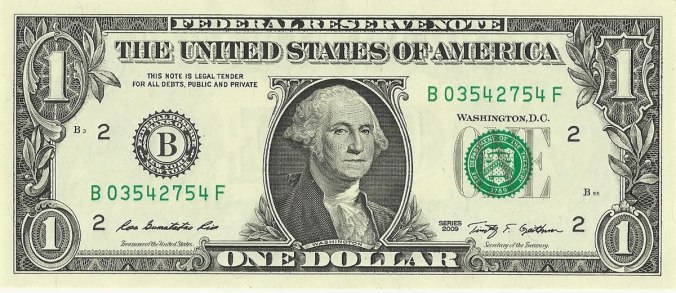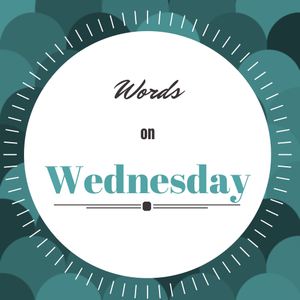
Movie rating: 3/5
Everyone always says, “It’s better to first read the book and then watch the movie.” “How does this concept apply to the book To Kill A Mockingbird?” “Is there a lot of difference between the book and the movie?”, and “Does that affect the message the book gives you?” To Kill A Mockingbird was a 1960’s bildungsroman written by Harper Lee. The things left out or changed in the movie will affect your understanding of the novel a little bit, however, it will not take away the book’s main moral, the effects of racism and prejudice.
The book Is about protagonists Scout and Jem. Scout and Jem are two children growing up in Maycomb, a small, boring town filled with prejudice. In summer their friend Dill comes and they make it a mission to get a glimpse of their mysterious neighbour Boo Radley. Scout and Jem’s father, Atticus, is a lawyer who is asked to be part of the most important case of his life, the Tom Robinson case. Tom Robinson was falsely accused of raping a white woman, Mayella Ewell. All of these events cause the children to grow up and learn significant lessons about racism and prejudice.
One important thing they left out in the movie was the chapter about Mrs. Dubose. Everytime Jem and Scout passed the porch of Mrs. Dubose house, this is what they thought of her, “Jem and I hated her. If she was on the porch when we passed, we would be raked by her wrathful gaze, subjected to ruthless interrogation regarding our behavior, and given a melancholy prediction on what we would amount to when we grew up, which was always nothing.” After a while Jem gets really mad at her and as a punishment, Atticus requires him to read to Mrs. Dubose everyday after school. Mrs. Dubose was addicted to morphine and because Jem was reading to her everyday, this caused her to go longer without morphine every time, so finally she could have a death without any morphine. This teaches Jem and Scout a lesson about courage, because Mrs. Dubose was suffering, but she still had the courage to get a morphine-free death. I think it would’ve been better if they left this part in because it’s a big part of Scout and Jem’s character development, since it is one of the many lessons that help shape Scout and Jem as a person.
Another big thing the movie left out was a thing that happened in the courtroom. In the book Calpurnia storms into the courtroom while Tom Robinson’s case was going on, she says that Jem and Scout are missing. Atticus tells them to go home and that they are allowed to come back after lunch. In the movie this didn’t happen at all and it was like Atticus already knew the children were in the courtroom the whole time. I think it would have been better if they left this part in because it showed that Atticus wanted to protect the children from the anger, racism and prejudice in Maycomb, but then after he sees them in the courtroom realizes they can’t be protected from it, so he lets them come back after lunch and watch the end of the trial.
A significant thing they left out is the part where Cecil Jacobs jokily attacked Scout and Jem. This attack was actually foreshadowing to the real attack by Mr. Ewell, but they did not keep it in the movie. I think it would have been better if they included it, because this foreshadowing really shows how an innocent, joking attack could actually happen in real life and turn out fatal. When they were walking home from the play and they heard the sound they did mention that it is probably Cecil Jacobs, but it would have still been better if they left it in because in my opinion it is a important part of the book, that again, teaches Scout and Jem more lessons that help shape their future selves.
In conclusion, I think that it is true that you should read the book first and then watch the movie, because it allows you to see the differences between both of them and understand the moral of the story better. In the To Kill A Mockingbird movie some things were left out, but not that much that it alters the moral.




